Wen Yi
Renowned Chinese economist at Shanghai Jiao Tong University. He specializes in the field of macroeconomics. His research interests include Business Cycle theory, savings and investment theory, and monetary policy.
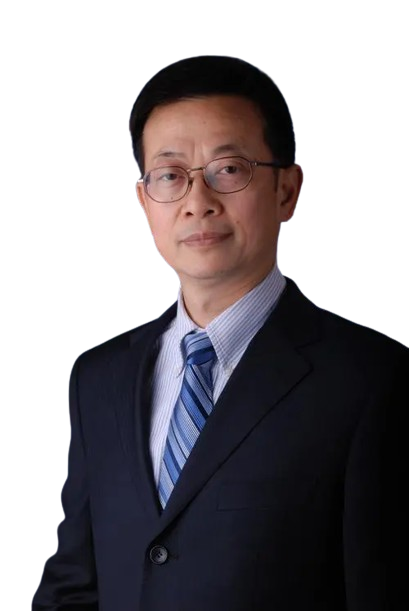
Featured Works
“Capacity Utilization under Increasing Returns to Scale.” Journal of Economic Theory 81 (1998) 7-36. “Can a Real Business Cycle Model the Watson Test?” Journal of Monetary Economics 42 (1998) 185-230. “Investment Cycles.” Journal of Economic Dynamics and Control 22 (1998) 1139-1165. “Indeterminacy, dynamic adjustment costs, and cycles,” Economics Letters 59 (1998) 213-216. “A simple nonlinear filter for economic time series analysis,” (with Bing Zeng) Economics Letters 64 (1999) 151-160. “A generalized method of impulse identification,” Economics Letters 73 (2001), 367-374. “Understanding self-fulfilling rational expectations equilibria in real-business-cycle models.” Journal of Economic Dynamics and Control 25 (2001) 1221-1240. “Residential Investment and Economic Growth,” Annals of Economics and Finance 2 (November 2001), 437-444. “Joint time-frequency distributions for business cycle analysis,” (with Sharif Raihan and Bing Zeng) Lecture Notes in Computer Science 2252 (2001), 347-358. “The business cycle effects of Christmas.” Journal of Monetary Economics 49 (2002), 1289-1314. “Indeterminacy, aggregate demand, and the real business cycle.” (with Jess Benhabib), Journal of Monetary Economics 51 (2004), 503-530. “What does it take to explain procyclical productivity?” Contributions to Macroeconomics 4 (2004, No.1), Article 5 (in The B.E. Journals in Macroeconomics). “Endogenous money or sticky prices? Comment on monetary non-neutrality and inflation dynamics.” (with Peng-Fei Wang), Journal of Economic Dynamics and Control 29 (2005, No. 8), 1361-83. “Understanding the Inventory Cycle.” Journal of Monetary Economics 52 (2005), 1533-1555. “Demand shocks and economic fluctuations.” Economics Letters 90 (2006), 378-383. “Another look at sticky prices and output persistence,” (with Peng-fei Wang) Journal of Economic Dynamics and Control, December 2006, 30(12), pp. 2533-52. “By force of demand: Explaining international comovements,” Journal of Economic Dynamics and Control 31(1), January 2007, 1-23. “Understanding the large negative impact of oil shocks,” (with Luis Conraria) Journal of Money, Credit, and Banking 39(4), June 2007, 925-44. “Granger causality and equilibrium business cycle theory,” Federal Reserve bank of St. Louis Review 89(3), May/June 2007, 195-205. “Measuring interest rates as determined by thrift and productivity,” (with Woongyu Choi), Annals of Economics and Finance 8(1), May 2007, 159-187. “Production and inventory behavior of capital,” Annals of Economics and Finance 8(1), May 2007, 87-104. “What’s unique about the federal funds rate? Evidence from a spectral perspective,” (with Lucio Sarno and Daniel Thornton) Oxford Bulletin of Economics and Statistics, April 2007, 69(2), 293-319.. “Inflation Dynamics: A Cross-Country Investigation,” (with Peng-fei Wang) Journal of Monetary Economics October 2007, 54(7), 2004-31. “Imperfect competition and composition of aggregate output,” (with Peng-fei Wang), Journal of Economic Theory November 2008, 143(1), 519-40. “A note on oil dependence and economic instability,” (with Luis Conraria), Macroeconomic Dynamics, November 2008, 12(5), 717-23. “Global indeterminacy in locally determinate RBC models (with Tarek coury), International Journal of Economic Theory, March 2009, 5(1), 49-60.[27] “Understanding the Puzzling Effects of Technology Shocks,” (with Peng-fei Wang), Review of Economic Dynamics October 2011, 14(4), pp. 705-24. -“Dynamics of Externalities: A Second-order Approach,” (with Huabin Wu)., Federal Reserve bank of St. Louis Review April/May, 2011. “Can rising housing prices explain China’s high household saving rate?” (with Xin Wang), Federal Reserve Bank of St. Louis Review May/June, 2011. “Input and Output Inventory Dynamics,” American Economic Journal: Macroeconomics, October 2011, 3(4), pp. 1-33. “Volatility, Growth, and Welfare,” (with Peng-fei Wang), Journal of Economic Dynamics and Control 35 (2011) 1696–1709. “OPEC’s Oil Exporting Strategy and Macroeconomic (In)Stability” with Luís Aguiar-Conraria, Energy Economics, January 2012, 34(1), 132-136. “Hayashi Meets Kiyotaki and Moore: A Theory of Capital Adjustment Costs” with Pengfei Wang, Review of Economic Dynamics, September 2012, 15(2), 207-225. “Speculative Bubbles and Financial Crisis” with Pengfei Wang, American Economic Journal: Macroeconomics, July 2012, 4(3), 184-223. “Housing Prices and the High Chinese Saving Rate Puzzle” with Xin Wang China economic review, June 2012, 23(2), pp. 265-283. “Leveraged Borrowing and Boom-Bust Cycles” with Patrick A. Pintus, Review of Economic Dynamics, October 2013, 16(4), 617-633. “What Inventory Tell Us about Business Cycles? A (S,s) Approach,” with Pengfei Wang and Zhiwei Xu, Journal of Economic Dynamics and Control 44, pp. 196-217, July 2014. “Money, Liquidity and Welfare,” European Economic Review 76, pp. 1-24, May 2015. “Sentiments and Aggregate Demand Fluctuations,” with Jess Benhabib and Pengfei Wang, Econometrica 83(2), pp. 549-585, March 2015. “The Great Housing Boom of China,” with Kaiji Chen, American Economic Journal: Macroeconomics April 2017, Vol. 9, No. 2, pp. 73-114 “Self-Fulfilling Credit Cycles,” with Costas Azariadis and Leo Kaas. Review of Economic Studies, October 2016, Vol. 83, No. 4, pp. 1364-1405 “Two-Way Capital Flows and Global Imbalances,” with Pengfei Wang and Zhiwei Xu. Economic Journal, February 2017, Vol. 127, No. 599, pp. 229-269 “Long and Plosser Meet Bewley and Lucas” with Feng Dong, Journal of Monetary Economics, April, Vol. 102, No. April, pp. 70-92 Working Paper https://doi.org/10.1016/j.jmoneco.2019.01.025 “Credit Search and Credit Cycles,” with Feng Dong and Pengfei Wang, Economic Theory Volume 61 (2) – Sep 26, 2015. “Should Capital Be Taxed?” with Yunmin Chen, YiLi Chien, and C.C. Yang, Economics Letters (forthcoming). “Withstanding Great Recession like China” with Jing Wu, Manchester School, 2018-05-28 Working Paper https://doi.org/10.1111/manc.12223 “Financial Development and Long-Run Volatility Trends” with Pengfei Wang, Review of Economic Dynamics, April 2018, Vol. 28, pp. 221-251; Working Paper https://doi.org/10.1016/j.red.2017.08.005 “Are Unconditional Lump-sum Transfers a Good Idea?” with Yunmin Chen, Yili Chien, and C.C. Yang, Economics Letters (forthcoming), Federal Reserve Bank of St. Louis Working Paper 2021-002C, August 2021 “Time-Inconsistent Optimal Quantity of Debt” with Yili Chien, European Economic Review (forthcoming), Federal Reserve Bank of St. Louis Working Paper 2020-037E, September 2021 “Optimal Ramsey Capital Income Taxation under Quasilinear Preferences” with Yili Chien, Review of Economic Dynamics (forthcoming), Federal Reserve Bank of St. Louis Working Paper 2017-024C, February 2018 “China’s Industrial Revolution—A New Perspective,” China Economic Review, Volume 69, October 2021, 101671 “The Determination of Public Debt under both Aggregate and Idiosyncratic Uncertainty” with Yili Chien, Journal of Economic Theory (forthcoming) The Great Chinese Industrial Revolution (in Chinese), Tsinghua University Press, 2016 The Making of an Economic Superpower: Unlocking the Secret of China’s Rapid Industrialization, World Scientific Publishing CO, 2016 The Code of the Scientific Revolution – Guns, War, and the Mystery of the Rise of the West (in Chinese), China Eastern Publishing CO, 2022
Experiences
In 1982, he obtained a Bachelor of The West China Medical Center, Sichuan University. In 1991, he earned a Master’s degree in History and Philosophy of Science from the University of Notre Dame. In 1996, he received a Ph.D. in Economics from the University of Iowa. He then served as an Assistant Professor at the Department of Economics at the Hong Kong University of Science and Technology (1996-1999) and at the Department of Economics at Cornell University (1999-2005). He was a visiting professor at Washington University in St. Louis (2005-2008). Starting from 2005, he served as a Senior Researcher at the Federal Reserve Bank of St. Louis, and in 2008, he was promoted to Assistant Vice President. In the same year, he became a professor of Economics at Tsinghua University, holding the CCB Chair Professorship and serving as a doctoral supervisor. He has been awarded lifetime professorships at Indiana University and the University of Warwick [he decided to stay at the Federal Reserve without taking up these positions]. In August 2021, he resigned from the Federal Reserve Bank and joined Antai College of Economics and Management at Shanghai Jiao Tong University as a Distinguished Full Professor in the Department of Economics.
Show less
Show more
Recent Events
All
|
Article
|
Video

November 5, 2024
China succeeds without adopting Western models. Ignoring this, while awarding advocates of Western superiority, exposes the ideological biases of the prize.
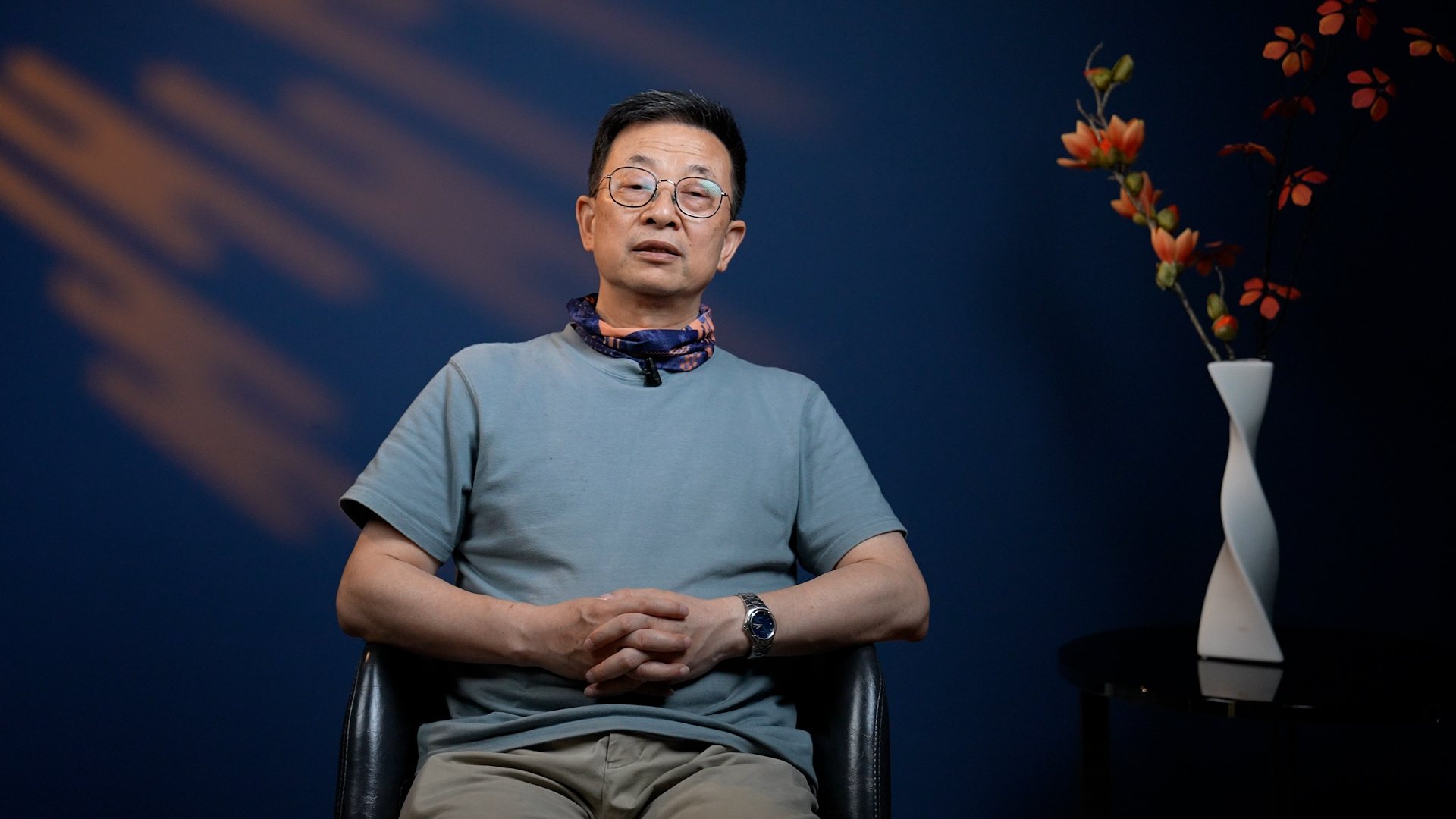 46:55
46:55
September 4, 2024

Professor Wen Yi addressed nine of the audience's most pressing inquiries regarding China's economy.
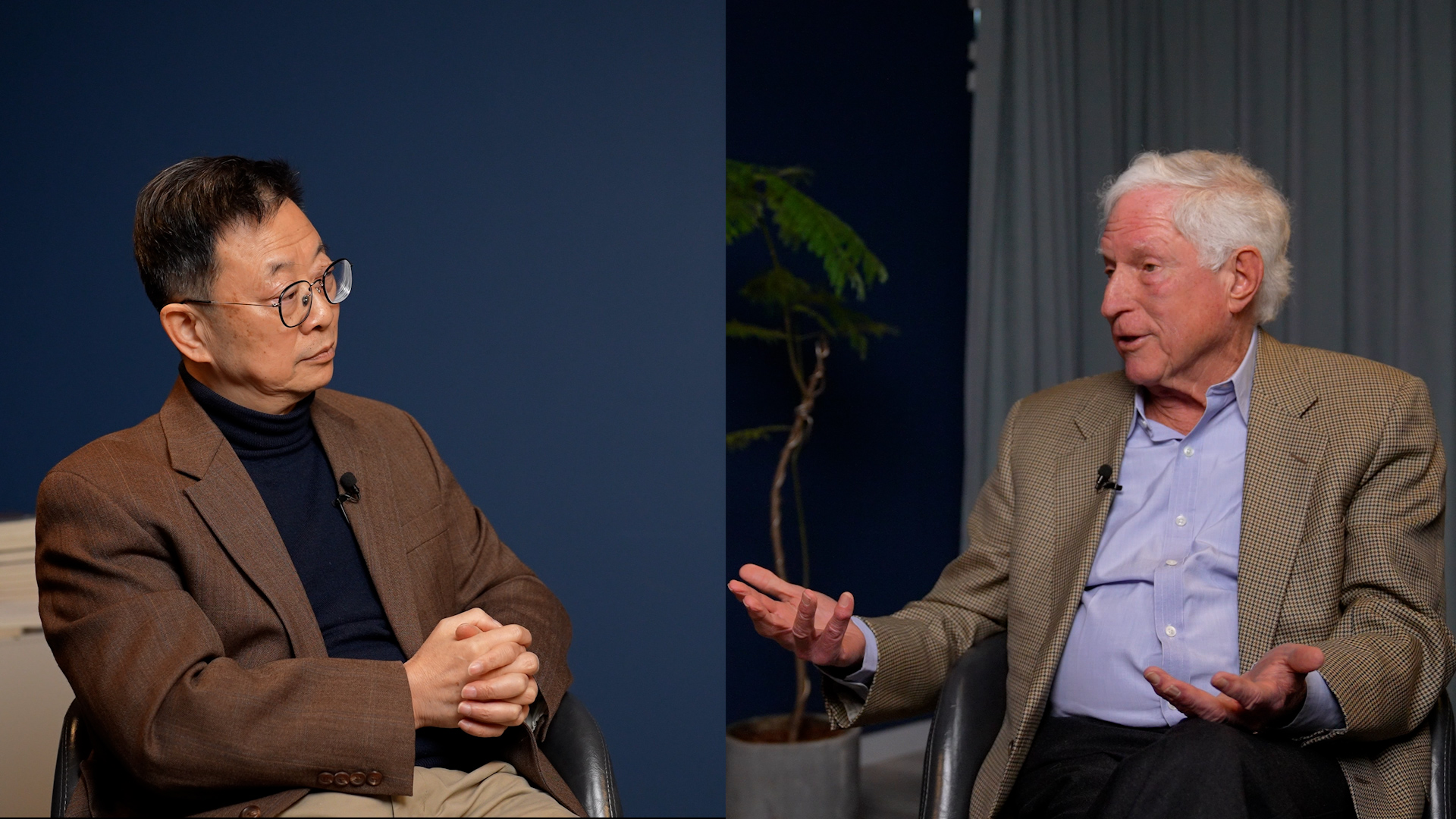 31:08
31:08
June 6, 2024

Is China experiencing an economic recession? Can China rely on its institutional advantages to address this challenge?
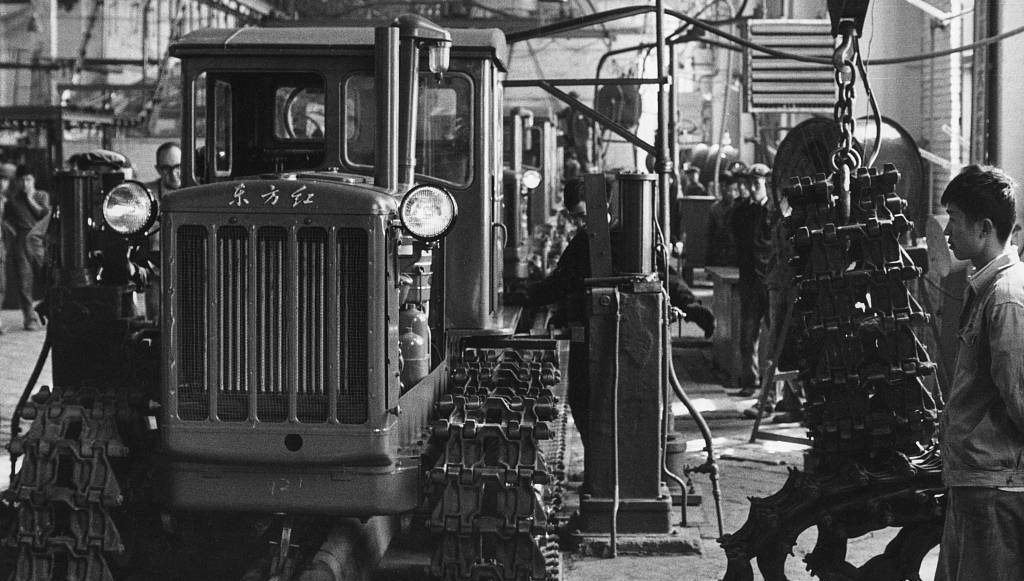
July 24, 2021
Why and how did production, or mass production in particular, emerge and mushroom in 18th-19th century England and 20th-21st century China but not in other parts of the world with similar geo-developmental conditions such as the Netherlands, Mexico, or India?
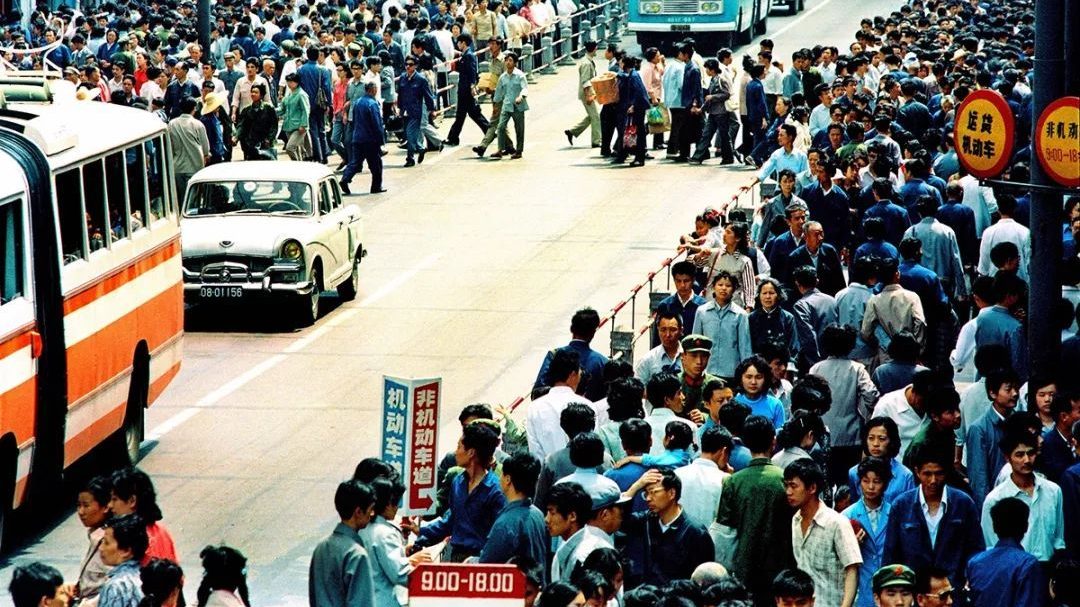
September 12, 2016
China is undergoing its long-awaited industrial revolution. This article attempted to provide a coherent, in-depth, political-economic framework that explains the fundamental mechanisms behind China's rapid industrialization.
